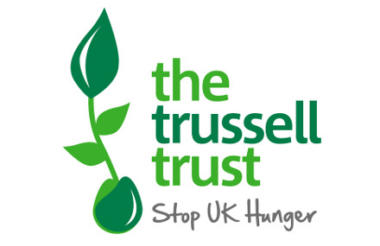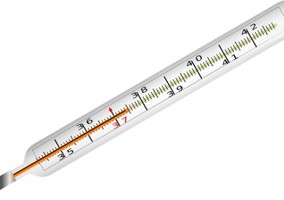Food charities are preparing for an “unprecedented challenge” as some foodbanks say they are already low on supplies.
Panic-buying in reaction to coronavirus has meant a drop in donations for some foodbanks, while some are also struggling to buy supplies from supermarkets.
Food charities also expect demand to increase if people lose income because they fall sick or have to self-isolate, and are urging the government to “consider additional measures” to help people on low-income buy food and essentials.
Call for donations
Foodbanks across the country are calling for people to donate items and money as they see a decrease in donations.
Sufra NW, a foodbank in North London that delivers 3,000 food parcels a year, has launched a coronavirus emergency appeal.
The appeal says: “While some people are fighting over the last toilet roll in their supermarket, the donations we rely on to keep the food bank open are dwindling.
“We are struggling to buy the food and toiletries we need to help homeless people and families experiencing hunger – many of the essential items we need are out of stock.”
Various foodbanks across the country have reported similar difficulties. Newcastle West End Foodbank said in a Facebook post that it is running short of milk, oil and hygiene products, including toilet paper. Similarly, the Brixton Foodbank reported being “desperately low” of full fat milk and struggling to buy it.
The Caritas Food Collective, an initiative of Caritas Westminster, also published a statement urging people to “step up” their generosity.
Anna Gavurin of the Caritas Food Collective, said: "Whilst it is understandable that people want their cupboards well stocked in this uncertain time, we mustn't forget that hundreds of people rely on their local foodbanks – not just for food but also for hygiene items and toilet paper. We urge people to continue or even increase their generosity to foodbanks by donating items or money."
Charities call for government action
Foodbank networks say coronavirus risks putting more strain on a system that is already struggling to help everyone in need, and are asking the government for further support.
The Trussell Trust, which supports a network of more than 1,200 foodbanks, says that with the spread of coronavirus, foodbanks “face an unprecedented challenge and uncertain future”.
Emma Revie, chief executive of the Trussell Trust, said: “It is possible that food banks will face increased demand as people lose income, at the same time as food donations drop or staff and volunteers are unavailable, due to measures rightly put in place to slow the spread of infection. All of this comes when food banks are already dealing with a record level of need for emergency food.
“We’re working with our network on how best to support people as the situation unfolds. Wherever possible, food banks will continue to provide the lifeline of emergency food to people unable to afford the essentials, and we encourage the public to continue donating after checking with their local food bank what items are most needed.
“We welcome the Department for Work and Pensions’ measures that will not penalise or sanction people for self-isolating, but we ask our government to go further and consider additional measures they could take to ensure everyone has enough money for essentials at this challenging time. Ending the five-week wait for a first Universal Credit payment would be one such measure that could help significantly.”
Frank Field and Andrew Forsey from the charity Feeding Britain have also written a letter urging people to write their MPs and donate to foodbanks. They are calling on the government to speed up Universal Credit payments and keep providing free school meals to children even if schools were to close.
The letter says: “Donations continue to be needed desperately, but without action to tackle the root causes of hunger, they won't do more than fill an ever-growing gap. People will still be hungry and in need of support next week and the week after.
“If, for every can or food item donated, there was a letter to the local MP urging them to raise with ministers the root causes of hunger and poverty within their constituency, this would begin to shine a bright light on what needs to be done and the willingness there is in Parliament to do so.”
Related articles












